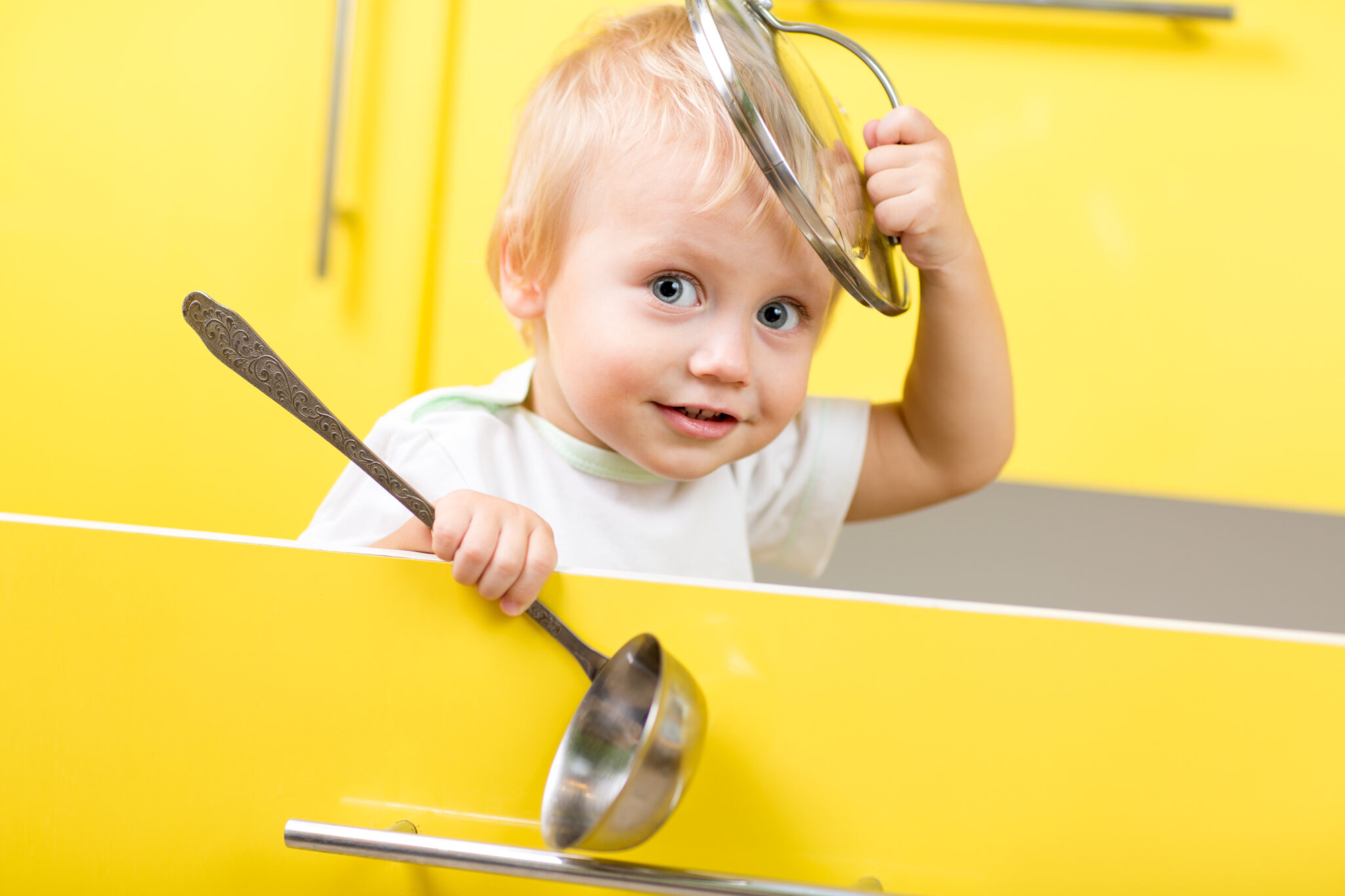Lying seems to be an integral part of human behaviour, and the most straightforward definition says a lie is the opposite of the truth. The first lie occurs very early in our life. Somewhere in the third year, we can say, although naïve, harmless, and a bit of a “clumsy” lie. We cannot claim that these first lies are conscious or pre-planned in detail. They are no reasons for parents to be worried, but they are often charming and funny.

As lies “improve in quality” in time, we can interpret them as evidence of intellectual advancement and development of the child, because lying is not simple! When lying, among other things, we need to be aware of the truth, information that we know as well as the information that the other person knows, the goal we want to achieve… This requires a good memory and creating a story that will be convincing to the other side. This is, of course, not the case with early children’s lies (which occur between the third and fifth year). They are often on the border of reality and fantasy and are connected closely with the child’s imagination.

After the fifth year, we begin to recognise clearly the motives that encourage children to lie, such as concealing undesirable behaviour or avoiding punishment. As the child grows, their lie becomes similar to the lies of adults (where we can often notice the same motives).
The fact is that lying will appear sooner or later with every child. What we as a society and as parents must do is prevent this from becoming their bad habit and behaviour that is manifested daily. One of the ways in which we can help children form their attitude towards lying is to tell stories. Interestingly, research has shown that stories that put emphasis on the negative consequences of lying are actually less taught than stories that emphasise the positive side of honesty.
Finally, it is essential to review what attitudes we as parents have about lying and what example we give to children. Moreover, older siblings, grandparents, and friends can also influence the manifestation of lying – children inevitably learn from their surroundings. Therefore, let them all learn how honesty is valuable (although sometimes difficult)! 😊




